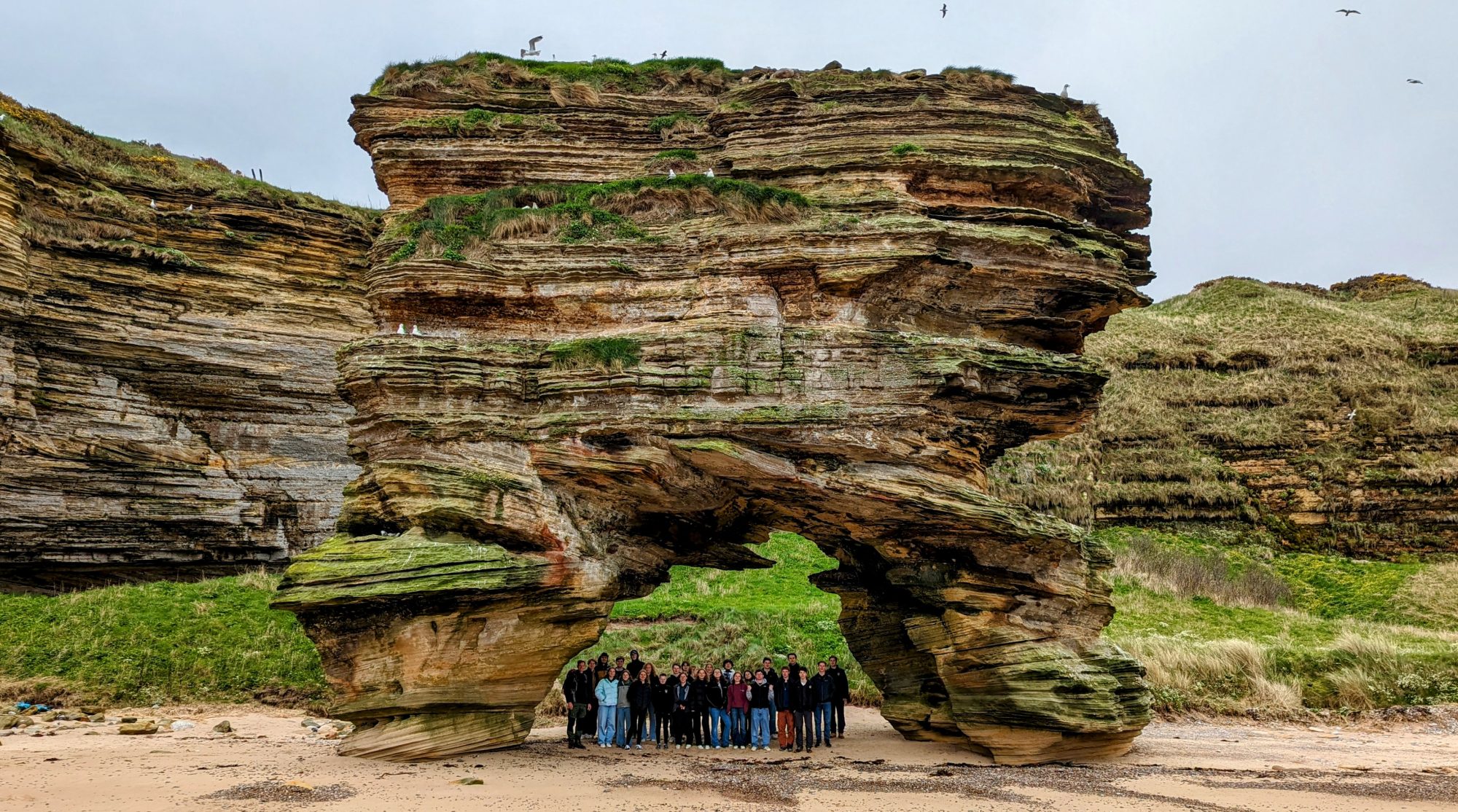Follow this link to help prepare for your A-Level geography or University studies.
Geography isn’t a subject that can be taught solely from a text book, the very nature of the subject means that it is constantly evolving and changing. From the theory of plate tectonics to the impact of the 2008 ‘Great Recession’ there is a need to stay up to date and aware of these shifts in paradigms.
I would strongly encourage you to keep to to date on current affairs and news articles. The following are a good place to start:
National Geographic – then select ‘flipster’
Financial Times – FT for schools programme. All sixth form have access
The Economist (Ask Mr Monteith or Mr Cook for login details)
Geography Directions posts apply geographical insights to better understand and explain contemporary issues. Each post is written by a relevant expert geographer and many draw directly on the latest research. An RGS website.
Back catalogue of Geofactsheets
We are very lucky that the Gordonstoun Library has a range of excellent journals available online when accessed from a school computer. It is well worth visiting to get access to The Day, the Economist back catalogue and other major publications. Click on the Infotrac link for these and search for each publication.
Suggested podcasts
Royal Geographical Society – Ask the Geographer podcast
Suggested books:
Prisoners of Geography – Tim Marshall
All leaders are constrained by geography. Their choices are limited by mountains, rivers, seas and concrete. Yes, to follow world events you need to understand people, ideas and movements – but if you don’t know geography, you’ll never have the full picture.
If you’ve ever wondered why Putin is so obsessed with Crimea, why the USA was destined to become a global superpower, or why China’s power base continues to expand ever outwards, the answers are all here.
So you think you know about Britain? – Professor Danny Dorling
When it comes to immigration, the population explosion, the collapse of the family, the north-south divide, devolution, or the death of the countryside, common wisdom tells us that we are in trouble; however, this is far from the truth. In his brilliant anatomy of contemporary Britain, leading geographer Daniel Dorling dissects the nation and reveals unexpected truths about the way we live today, contrary to what you might read in the news:
The undercover economist – Tim Harford
Who makes most money from the demand for cappuccinos early in the morning at Waterloo Station? Why is it impossible to get a foot on the property ladder? How does the Mafia make money from laundries when street gangs pushing drugs don’t? Who really benefits from immigration? How can China, in just fifty years, go from the world’s worst famine to one of the greatest economic revolutions of all time, lifting a million people out of poverty a month?
The places in between – Rory Stewart
Rory Stewart’s moving, sparsely poetic account of his walk across Afghanistan in January 2002 has been immediately hailed as a classic. Caught between hostile nations, warring factions and competing ideologies, at the time, Afghanistan was in turmoil following the US invasion. Travelling entirely on foot and following the inaccessible, mountainous route once taken by the Mohgul Emperor, Babur the Great, Stewart was nearly defeated by the extreme, hostile conditions. Only due to the help of an unexpected companion and the generosity of the people he met on the way, did he survive to report back with unique insight on a region closed to the world by twenty-four years of war.
A line in the sand – James Barr
Through a stellar cast of politicians, diplomats, spies and soldiers, including T. E. Lawrence, Winston Churchill and Charles de Gaulle, A Line in the Sand vividly tells the story of the short but crucial era when Britain and France ruled the Middle East. It explains exactly how the old antagonism between these two powers inflamed the more familiar modern rivalry between the Arabs and the Jews, and ultimately led to war between the British and the French in 1941 and between the Arabs and the Jews in 1948.

